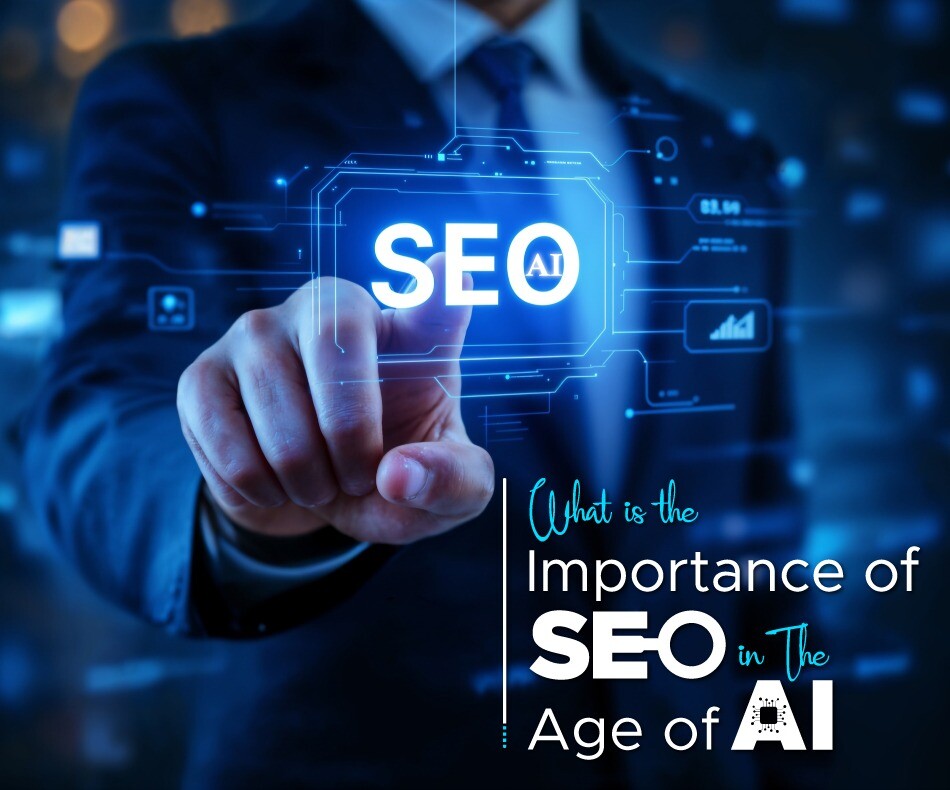In the rapidly evolving digital world, traditional SEO alone is no longer enough to stay ahead in search rankings. With the rise of AI-powered search engines like Google SGE (Search Generative Experience) and Bing Copilot, a new approach has emerged—Generative Engine Optimization (GEO). This innovative technique focuses on optimizing content for AI-driven search results rather than just conventional search listings.
What is Generative Engine Optimization (GEO)?
Generative Engine Optimization (GEO) is the process of creating and structuring content so that it is easily understood, summarized, and presented by generative AI-powered search engines. Unlike traditional SEO, which primarily targets keyword rankings and link building, GEO ensures that your content is AI-friendly, contextually rich, and able to generate high-quality responses when users query AI search systems.
Simply put, GEO is about preparing your content to be the best possible answer—not just a ranked result—in AI-driven search interfaces.
Why is GEO Important?
AI search assistants don’t just display a list of blue links; they provide detailed, conversational answers. If your website’s content isn’t optimized for these AI systems, it risks being ignored in favor of other sources that are better structured for generative engines.
Benefits of GEO include:
- Better Visibility in AI-generated summaries.
- Higher Click-Through Rates from AI-powered search interfaces.
- Improved User Engagement with content that is easy to interpret and use.
- Future-Proof SEO Strategy as AI search continues to grow.
Core Elements of Generative Engine Optimization
To successfully implement GEO, focus on these core areas:
1. Structured and Semantic Content
Use structured data (schema markup) and well-organized headings so AI systems can understand your content hierarchy and context.
2. Context-Rich Information
Generative AI thrives on context. Create comprehensive, authoritative content that answers questions in depth.
3. Conversational Optimization
Write in a clear, conversational style that mirrors how people interact with AI assistants.
4. Entity-Based SEO
Optimize around key entities (people, places, products, concepts) rather than just keywords, as AI search relies heavily on entity recognition.
GEO Services: Professional Help for AI Search Optimization
Implementing GEO effectively can be complex. That’s where GEO Services comes in. Professional Generative Engine Optimization agencies offer specialized strategies, including:
- Content Auditing to assess AI readiness.
- Schema Markup Implementation for structured data.
- Entity Mapping to connect topics and concepts effectively.
- Content Rewriting to make information AI-friendly.
By leveraging Generative Engine Optimization Services, businesses can ensure that their online presence is optimized for AI-driven search engines, giving them a competitive edge in the evolving digital landscape.
GEO vs Traditional SEO
| Feature | Traditional SEO | GEO |
| Focus | Keywords & backlinks | AI-readiness & contextual answers |
| Search Target | Human searchers | AI-powered search engines |
| Content Style | Keyword density | Conversational & contextual |
| Ranking Goal | SERP positions | AI-generated answers |
While traditional SEO will remain important, GEO ensures you stay visible as AI search becomes mainstream.
The Future of Search is Generative
Generative Engine Optimization is not just a passing trend—it’s the next evolution of SEO. With AI-powered search growing rapidly, optimizing your content for generative engines is critical for long-term visibility.
Whether you’re a business owner, content creator, or digital marketer, investing in GEO Services and Generative Engine Optimization Services will position you ahead of competitors who are still focused solely on traditional SEO.

